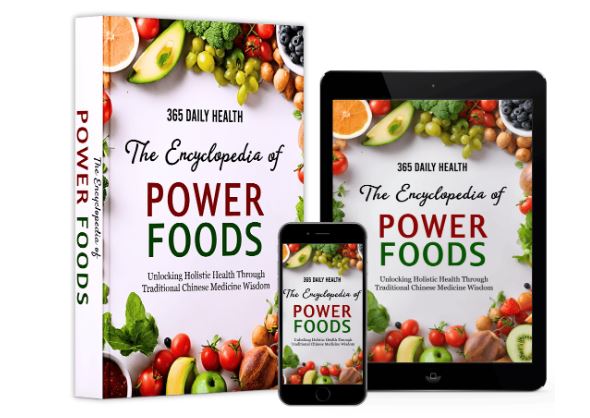Most viewed
-
Food & Nutrition

Benefits of Splenda Keto Diet: 9 Real Wins (and Frustrations) I’ve Seen Up Close
Honestly, most people I’ve watched try keto hit a wall around week two. They’re tired.…
Read More » -

-

-

-


Honestly, most people I’ve watched try keto hit a wall around week two. They’re tired.…
Read More »




Ozone Injection Therapy: Rejuvenate is a revolutionary new treatment that harnesses the power of ozone to help restore your body's…
Read More »
Honestly, most people I’ve watched try this hit a wall in the first two weeks. They start hopeful. New shoes.…
Read More »
I can’t tell you how many conversations I’ve had that start the same way. Someone sits across from me —…
Read More »
Honestly, I didn’t want to write this. Not because it’s hard — but because talking about weight, body stuff, and…
Read More »
I can’t tell you how many times I’ve watched someone deal with this quietly. They’ll describe it casually at first.…
Read More »
I honestly thought I was just “bad at handling pressure” Not gonna lie… for a long time, I didn’t even…
Read More »
Honestly, I didn’t think this would work.I’d already poked at my ear like an idiot (don’t do that), Googled myself…
Read More »
💔 Broken Heart Syndrome: 7 Painful Truths I Learned the Hard Way Honestly… I thought it was fake at first…
Read More »
Honestly, I didn’t think this would be my problem. I’m not “addicted” to my phone, right? I work online. My…
Read More »